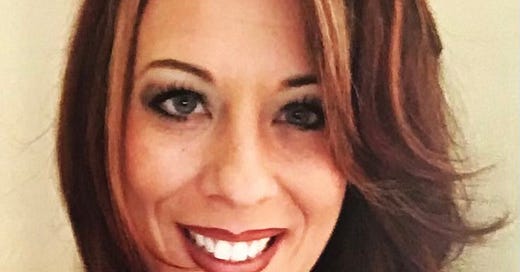This is short but hopefully impactful.
Last weekend I visited an old friend a few towns away. Let’s call him D. It is uncanny that he stayed with my roommate and I for a few months back in the mid-90s in southern California and now, 30 years later I live near him in a different state.
I drove down and he showed me around his house. It was cozy. “N designed this house to host people; she had the gift of hospitality.” There were big couches, a rustic eating table and lots of beautiful family photos on the walls, especially of my friend’s wife, N. Unfortunately she passed away a few months before the house was completed; advanced cancer took her young life.
It has been four years since I visited D back in Arizona. We met half way between my home and Phoenix where he was attending a conference. We ate pizza and though he didn’t say it, D knew at that time the cancer would claim the life of his wife. And redirect the river of his world along with that of his teenage kids.
Back here in Texas, D and I spent about three hours together: he spoke, I listened. He seemed a lot less distraught than I imagine I would be just three years out from losing his wife. There was one thing he did say to me that I want to express here.
He was ready for it, that is, the possibility of tragedy.
Not the cancer specifically but D had realized long ago that there are many things that intersect our lives in this world which we cannot control nor predict. So he was going to make the most of each day assuming there may not be a tomorrow. Don’t mistake this for nihilism – an empty belief system that teaches there is nothing of value in human existence.
D also explained it as holding his infant children and thinking “I have you for only 18 years and then you’re free to be on your own.” In this way he was being more of a rational thinker than a surprised victim. You might even say he was practicing becoming antifragile.
The Point of This Post
Half of my posts here on the blog are about actively developing a healthy mindset that offers you and your family resilience. D was certainly put to the test in this area but he didn’t collapse into a heap of despair. Was it an easy road? Hardly (and I can’t even possibly imagine the pain). But did he accomplish it? Yes!
I wrote in a post on another blog that many of us are just one great tragedy away from utter disaster in our families. Such a thing always involves the action of our minds – it gives us permission to embrace despair when it knocks at our door.
But. What if we could gradually develop our thinking and expectations in the direction that D did himself? Sort of a “rainy day savings account” that allows us to dig deep for strength when we need it. We save money, hold insurance policies, etc. but do we also do that with our emotions?
I have no easy answer to offer you. It is unique to each of us. But if D could do it: you and I can as well.
Dan
PS: It broke my heart to write this post.



